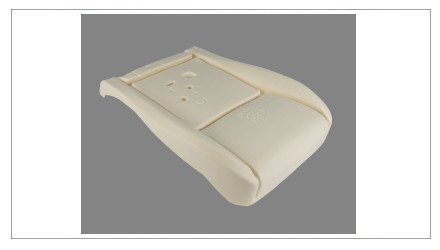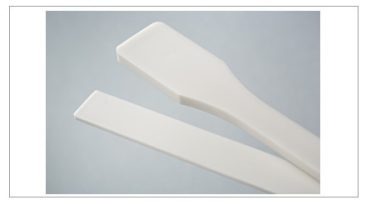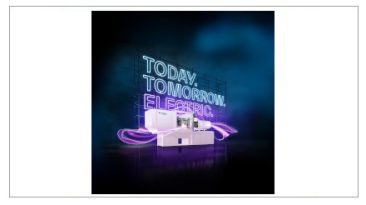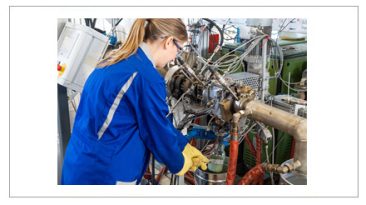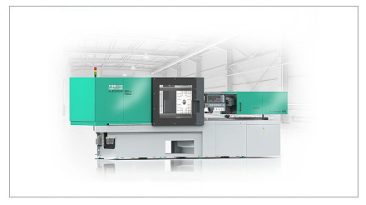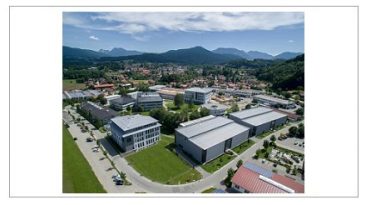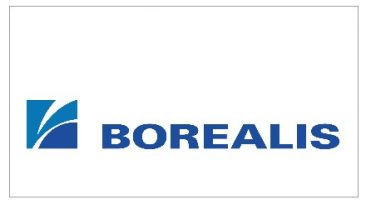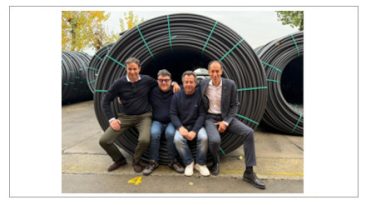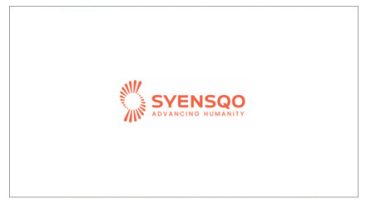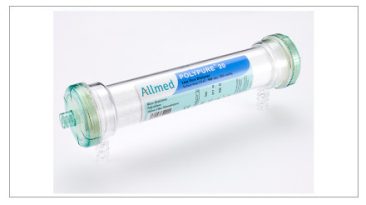Adient, Jaguar Land Rover (JLR),
and Dow have worked together to produce seat foam for the luxury car manufac-
turer’s vehicles using closed-loop recycled components. This represents an in-
dustry-first in the automotive sector, heading towards a circular economy and a
lower CO2 footprint for cars as the end product.
In order to address the environmental impact of polyurethane (PU) foams used
in car seats, the industry partners decided to team up. This means so-called ‘post-
consumer’ PU molded foams have previously been collected from end-of-life vehi-
cles, sorted, and shredded. On this basis, Dow produces a new, circular polyol,
which is subsequently processed and integrated into Adient’s seating formulas. As
a result, the Adient Front Seat Cushion prototypes are currently composed of 20%
re-polyol from PU end-of-life vehicles.
This is the first time, to the awareness of all parties involved, that a PU molded
foam for seating applications has been produced under these conditions. This mile-
stone represents a significant leap forward for the automotive industry, positioning
PU at the heart of a circular economy system. By integrating recycled components
into luxury vehicle seat foams, the partners are not only reducing the environmental
impact but also paving the way for a more sustainable future in automotive manu-
facturing.
“Developing components with closed-loop recycled foams represents a major mile-
stone for the team and simultaneously spurs us on to continuously increase the
proportion of recycled materials in our seating systems in the future,” said Frank
Toenniges, Director Sustainable Product Design & Business Process Improve-
ments at Adient. “Additionally, it positions the actors along the value chain favora-
bly to comply with the proposed European End-of-Life Directive.”
Andrea Debbane, Chief Sustainability Officer at JLR stated: “This breakthrough is
a great example of how the automotive value chain can work as a collective to
demonstrate that full circularity is feasible and unlock meaningful change at scale.
This way of working holds significant potential for increasing sustainability and is
critical to JLR’s transition to more circular vehicles.”
As a next step, further research will be conducted to increase the percentage of
re-polyol content. At the same time, the closed-loop seat foam will be tested with
JLR on a production scale from early 2025.


